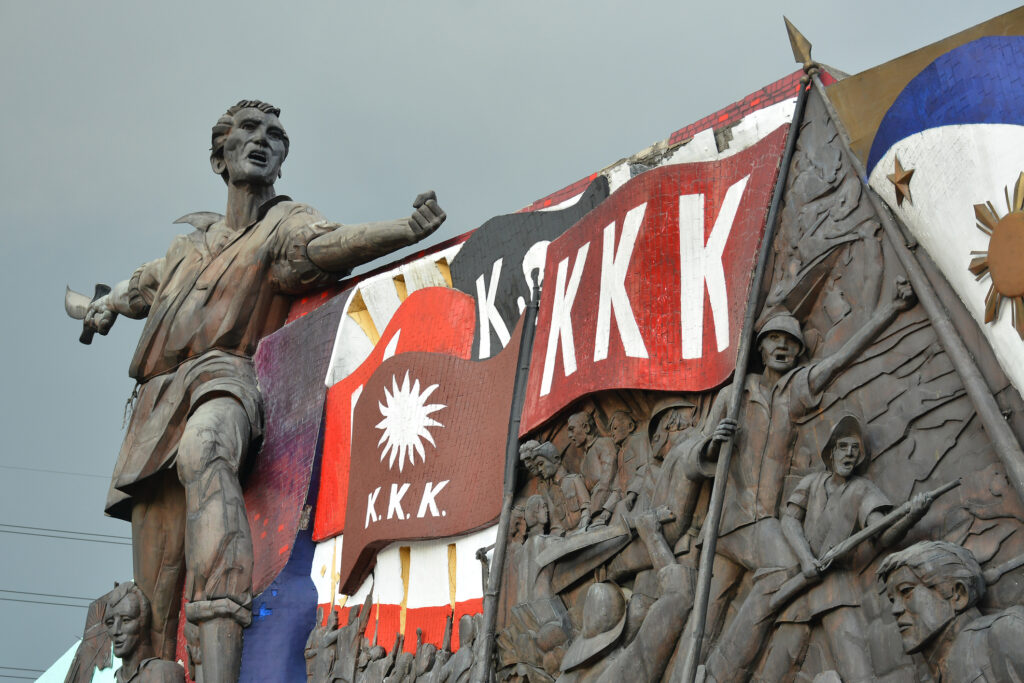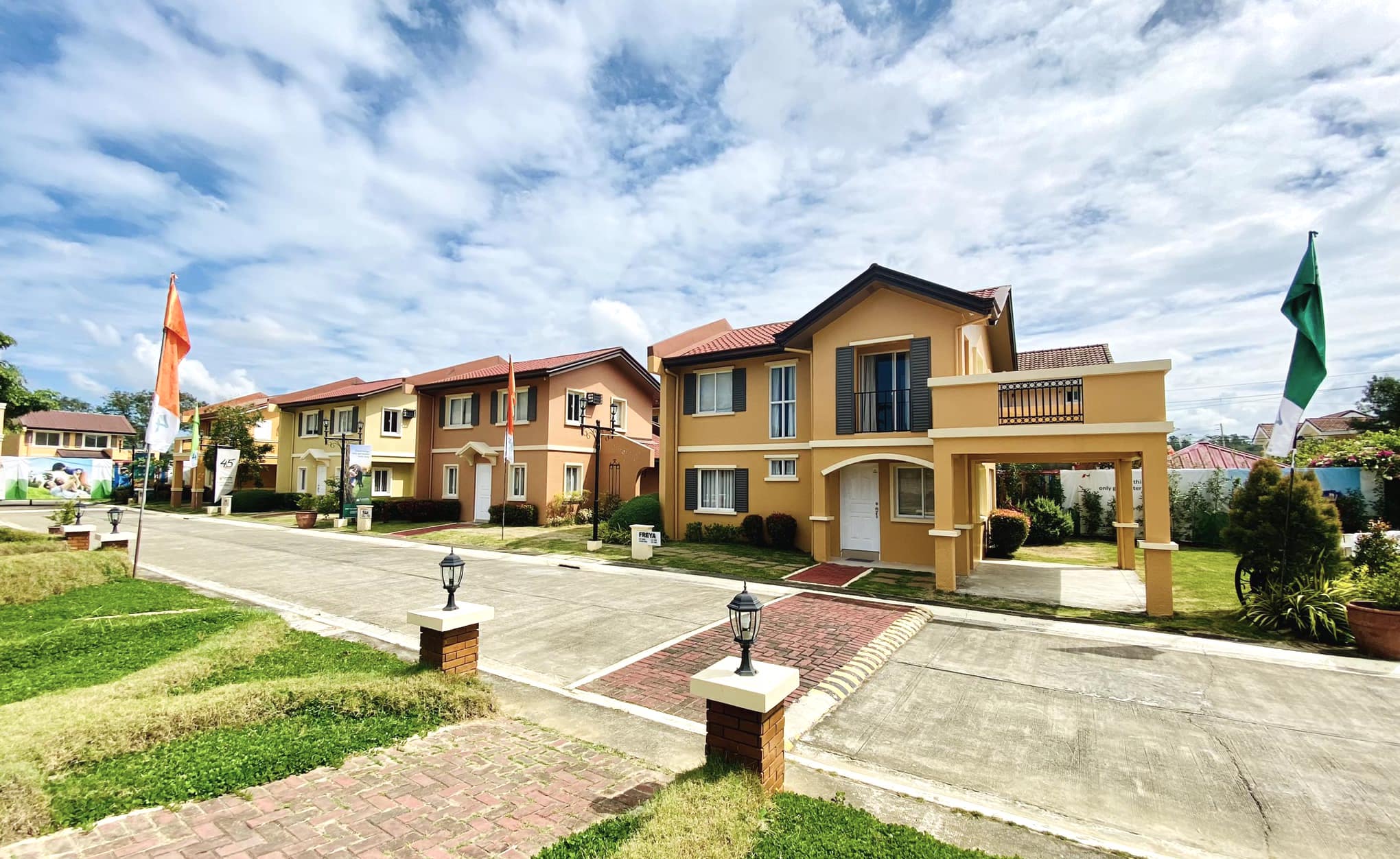
Remembering the Father of the Philippine Revolution
Bonifacio Day is a significant national holiday celebrated annually on November 30 in the Philippines. It commemorates the birth of Andrés Bonifacio, one of the revered national heroes of the country and a key figure in the Philippine Revolution. Every year, during this regular holiday, Filipino lay flowers on his shrine to commemorate his heroic acts.
This article aims to delve into the history and significance of Bonifacio Day, shedding light on why it is celebrated and what it represents for the Filipino people.
The Birth of a Revolutionary Hero: Andres Bonifacio
Andres Bonifacio, often called the “Father of the Philippine Revolution”, was a Filipino revolutionary leader who played a crucial role in the fight for independence from Spanish rule. Born on November 30, 1863, as Andrés Bonifacio y de Castro, he was the oldest of six children in a poor family in Manila.
Bonifacio’s inspiration
Bonifacio’s life was marked by hardship from an early age. His parents died when he was young, leaving him to care for his younger siblings.
Despite these challenges and without formal education, he developed a keen interest in literature and history, particularly in the works of Jose Rizal, a Filipino nationalist and polymath whose writings inspired the Philippine Revolution and founded the propaganda movement called La Liga Filipina.
While Rizal advocated for peaceful reforms, Bonifacio, influenced by Rizal’s execution in 1896, believed that independence could only be achieved through armed revolt. Thus, he assumed a more radical stance, forming the revolutionary secret society known as the Katipunan.
The Formation and Rise of the Katipunan
The Philippine Revolution, a pivotal period in the country’s history, was significantly influenced by Gat Andres Bonifacio. Under Bonifacio’s leadership, the Katipunan underwent significant growth, attracting thousands of members united in their desire for independence.
Bonifacio and other members, such as Teodoro Plata and Ladislao Diwa, formulated the secret society‘s principles and initiated plans for an armed uprising against the Spanish.
The Katipunan’s Mission
The Katipunan’s mission had a four point focus : to develop a strong alliance with each and every Katipunero; to unite Filipinos into one solid nation; to win Philippine independence against the Spanish by means of an armed conflict (revolution); and to establish a republic after independence.
The objectives of the Katipunan as brotherhood were mainly political, moral and civic. The revolutionaries led by Bonifacio advocated for freedom from Spain to be achieved by means of armed struggle. The responsibility to help the poor and the oppressed, and to ingrain them good manners, hygiene and morality.
The Downfall of Bonifacio
Bonifacio’s defiance of Emilio Aguinaldo’s government after the Tejeros Convention proved to be his downfall. After realizing Bonifacio’s threat to his leadership, Emilio Aguinaldo ordered his arrest. Bonifacio faced charges of sedition and treason for creating his own rebel government.
He was executed in 1897 along with this brother Procopio, on the mountains of Maragondon, Cavite by order of Aguinaldo who was elected as the republic’s first president. This tragic event marked the end of Bonifacio’s life, but his legacy as a national hero lived on. Tejeros Convention
Why Do We Celebrate Bonifacio Day?
Celebrating Bonifacio’s Birth
Bonifacio Day bears immense significance for the Filipino people. It serves as a reminder of the sacrifices made by Bonifacio and his comrades in the pursuit of Philippine independence.
Unlike Rizal Day, which commemorates the death of José Rizal, Bonifacio Day celebrates Bonifacio’s birth. This choice is symbolic, as Bonifacio’s execution was carried out by his fellow countrymen rather than foreign colonizers.
A Leader from Humble Beginnings
Bonifacio, unlike many of his contemporaries, was a man of humble beginnings. He was not a wealthy ilustrado (enlightened one) but a working-class individual who experienced the hardships of Spanish colonial rule firsthand. His life represented the struggles of the ordinary Filipino, making him a symbol of the masses.
Armed Resistance
Further, Bonifacio’s philosophy of direct action and armed resistance contrasted with Rizal’s advocacy for peaceful reforms, providing a different perspective on the fight for independence. His radical approach resonated with many Filipinos, significantly influencing the national consciousness and shaping the national identity.
Bonifacio Day is an occasion to honor and pay tribute to the bravery and resilience of Bonifacio, who played a pivotal role in igniting the flames of the Philippine Revolution. It serves as a reminder of the importance of standing up against oppression and fighting for freedom.
Bonifacio Day Traditions and Celebrations
The day is marked by various activities designed to pay tribute to one of the national heroes and remind Filipinos of the significance of his role in the country’s history.
One of the most notable traditions is the annual wreath-laying ceremony at the Bonifacio Monument in Caloocan City. Filipinos also honor him with flower arrangement. This monument, also known as the Bonifacio y de Castro, stands tall as a tribute to Bonifacio’s heroism.
Government officials, including the President of the Philippines, typically lead this solemn ceremony. Other celebrations include parades, cultural performances, and educational activities that revolve around Bonifacio’s life and the Philippine Revolution.
Notably, Bonifacio Day traditions also extend to the academic realm. Schools across the country utilize this day to teach students about the country’s history, notably the Philippine Revolution.
Educational institutions organize essay-writing contests, poetry readings, and debates centered on Bonifacio’s life and contributions to Philippine independence.
Moreover, media outlets such as the Philippine News Agency publish special features and articles to enlighten the public about Bonifacio’s historical significance.
The Relevance of Bonifacio Day in Today’s Society
Values championed by Bonifacio continue to resonate with Filipinos even today
In today’s society, Bonifacio Day remains highly relevant. This day serves as a reminder of the values that Bonifacio championed – values that continue to resonate with Filipinos today.
Bonifacio’s commitment to national sovereignty, social justice, and equality are ideals that Filipinos continue to uphold.
Bayanihan Spirit
Bonifacio’s teachings and philosophies continue to influence contemporary movements for social and political change in the Philippines. His call for unity against oppression echoes in the hearts of many Filipinos advocating for societal reforms. The spirit of “Bayanihan,” or communal unity, which Bonifacio exemplified, is a value that Filipinos continue to embody in crises.
Moreover, Bonifacio Day is a time for Filipinos to reflect on their history and identity as a nation. As they celebrate Bonifacio Day, Filipinos are reminded of their ancestors’ struggles for freedom and the sacrifices they made to build the nation they have today.
Conclusion
Bonifacio Day serves as a reminder of the courage, determination, and nationalism of Andrés Bonifacio. It underscores the importance of unity, resilience, and the spirit of “Bayanihan” in the face of adversity.
As Filipinos remember Bonifacio’s life and contributions to the Philippine Revolution, we are reminded of their shared history and continuing journey toward nation-building.
Indeed, the celebration of Bonifacio Day is a testament to the indomitable spirit of the Filipino people. It is an enduring reminder of the country’s struggle for independence and the heroes who made it possible.
As we honor Andrés Bonifacio, Filipinos are inspired to continue his legacy of bravery, patriotism, and love for the country.

Check out our House and Lot for Sale Properties
Discover our house and lot for sale properties in the Philippines


